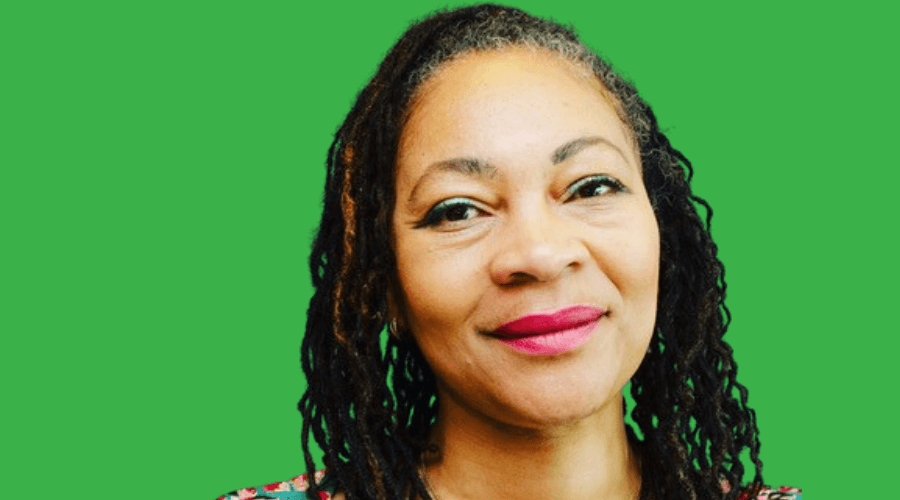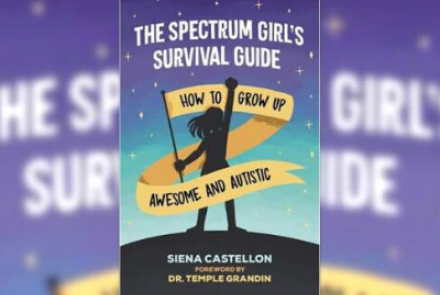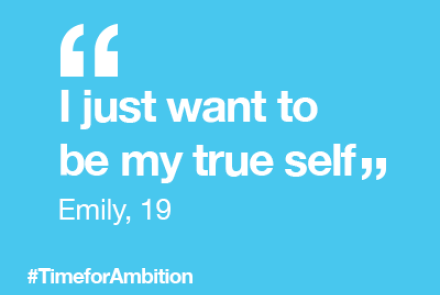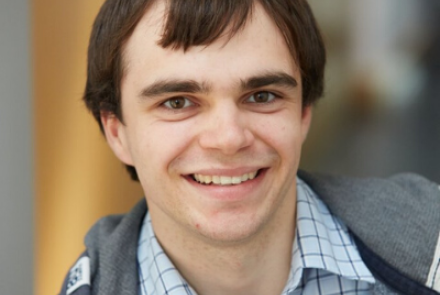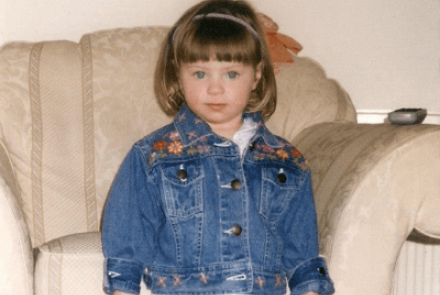The double-discrimination black autistic children face in education
It’s true. Our brains process colour in different ways – if you have synaesthesia (a curious brain anomaly), your brain will interpret sensory signals in a unique way. For example, you may find certain numbers have a particular smell or you will associate days of the week with a specific colour. Autistic musicians have described their ability to ‘feel’ or hear their compositions before they write them, others have perfect pitch. It’s a wide and colourful spectrum.
There is an irresistible magic in these diverse brains, that permits some individuals to interpret the world in their own unique form of expression. This is part of our adaptive evolution, thank you Mother Nature. So, what of this thing called racism, that scrambles our ability to relate to each other on a level of equal status human beings, regardless of the racial origin? Race is a man-made, social construct. It’s subtly crept its way into our thinking and social exchanges that now we literally think in black and white.
The ‘isms’ hold us all back
We know ableism exists: the discrimination towards people who are physically or neurologically different to the norm. And racism exists, too. Not just the name-calling of old. We are talking about a pervasive set of values and characteristics applied to those who are of an ethnic minority. It lurks within our decision-making, law-enforcing agencies and within our education systems. It’s hard to believe it's there, as we hold onto a clutch of inclusion and diversity policies. What’s going on? It goes back to colour. Brown and black colours to be precise.
Skin colour adds to the disadvantage of neurodivergence
Black and brown babies are cooed over, they have a 100% cuteness overload when they’re toddlers. But something happens when they go to school. Just like their non-black counterparts, they encounter the big emotions, they get upset, jealous, angry, frustrated, they lash out, cry, call out. Like all children do. But rather than compassion or curiosity, they encounter adults who are fearful and react to these black and brown children in overly punitive ways, they are regarded with suspicion. They are reprimanded, punished, and eventually excluded. Black Caribbean students receive fixed term exclusions at a rate of six times higher than their white British counterparts. We know the exclusion statistics for children with SEND, in particular those with hidden disabilities are higher than those of their non-SEND peers. When we consider the fate of neurodivergent black children, especially boys, their educational journey has a strong sense of inevitability about it.
Along with many of the black SEN parents I engage, our experiences and stories share startling similarities regarding seeking a diagnosis and their experiences at school and specifically in the classroom. I believe it is an issue of colour and its associated negative social associations.
What can we do about the disparity of approach?
Marsha Martin, founder and CEO of Black SEN Mamas, says:
There is a disparity in approach to teaching our black SEN children in comparison to their non-black counterparts. In mainstream schools, there are varying levels of understanding about specific learning needs, there is also significant lack of knowledge about black children, so there is an intersection there.
Many parents in our community notice how teachers are quick to assume our children have behavioural issues, rather than considering the child may have underlying communication needs.
Teachers are under-trained in SEND and cultural diversity and unfortunately, they allow their unconscious beliefs and biases to inform the way they perceive and respond to the black child’s behaviour. It’s an issue of the teachers, rather than the children.
The compounding forces of neurodivergence, racial bias and ableism, all play a part in young black learners’ experiences of school and their prospects beyond school. Much has been written about diversity and inclusion, but the words and policies won’t activate change, without the emotion required that enables teachers, school leaders and others to acknowledge their bias’. You will find black parents and associated professionals willing partners in genuine change.
About the author
Suzy is an author and speaker, whose #happyinschool consultancy is rooted in lived experience. Her training and talks are educational, therapeutic and person-centred. Suzy is a parent to an autistic child.

